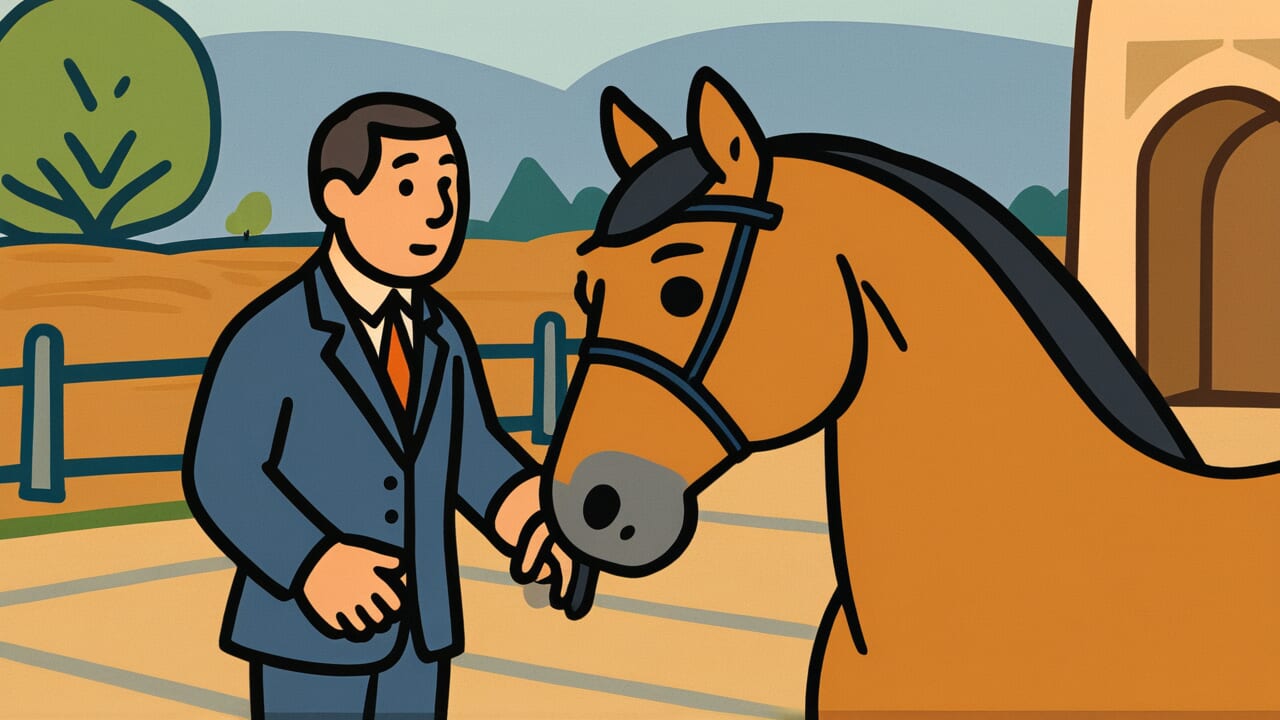How to Read “Boasting, arrogance, and foolishness go together”
Jiman kōman baka no uchi
Meaning of “Boasting, arrogance, and foolishness go together”
This proverb means that boasting about yourself and acting arrogant are foolish behaviors. It warns people who show off their abilities or achievements, or who look down on others.
Truly excellent people don’t need to brag about themselves. Their abilities naturally gain recognition from those around them.
On the other hand, going out of your way to advertise your good points shows a lack of confidence. It actually lowers your dignity.
Arrogant attitudes also destroy relationships. In the end, they cause you to become isolated.
Even today, this proverb applies to people who excessively promote their success on social media. It also fits those who constantly claim credit for achievements at work.
This saying clearly expresses how foolish it is to lose your humility.
Origin and Etymology
The exact first appearance of this proverb in literature hasn’t been identified. However, it was likely already widely used among common people during the Edo period.
Looking at the word structure, it lines up three words: “jiman” (boasting), “kōman” (arrogance), and “baka” (foolishness). Then it ends with “no uchi.”
“Jiman” and “kōman” are similar words but slightly different. Jiman means telling others about your good points. Kōman means thinking you’re superior and looking down on people.
By placing these two words together, the proverb covers all acts of showing off.
The expression “baka no uchi” is particularly interesting. “Uchi” means “inside” or “within a group.” So the proverb makes a harsh point: people who boast or act arrogant fall into the category of fools.
In Edo period townspeople culture, humility was considered a virtue. People who pushed themselves forward were disliked.
At that time, communal living in row houses was the norm. People who showed off disrupted harmony with others and were warned against.
This proverb probably emerged from the wisdom of common people’s daily lives. With its rhythmic wordplay, it was easy for children to remember. It likely spread through word of mouth.
Usage Examples
- As soon as he got promoted, all he does is brag. He’s a perfect example of “Boasting, arrogance, and foolishness go together.”
- If you act superior just because you succeeded, people will say “Boasting, arrogance, and foolishness go together” about you, and you’ll deserve it.
Universal Wisdom
Everyone has a fundamental desire to have their value recognized. When you work hard and accomplish something, it’s natural to want someone to know and praise you.
This proverb has been passed down for hundreds of years because it captures a truth about human society. If you express that desire the wrong way, you actually lower your own value.
What’s interesting is the paradox that truly excellent people are more humble. People with real ability know their own limits and imperfections.
The more you learn, the more you realize how much you don’t know. Meanwhile, people who get carried away with small successes haven’t noticed the heights they haven’t yet reached.
The delicate balance in human relationships also matters. People want recognition, yet they instinctively dislike those who show off.
This might be part of human nature as social beings. Those who disrupt harmony or claim they’re special threaten the stability of the group. They’re viewed with caution.
This proverb teaches us about the eternal tension between two forces. One is the human instinct for self-display. The other is humility as a social virtue.
It contains the insight of our ancestors: true strength lies in knowing your own value without flaunting it. That’s what real dignity means.
When AI Hears This
People who boast can’t accurately measure the quality of information they’re sending. In information theory, valuable information means “new content the receiver can’t predict.”
But most bragging consists of known information that only the speaker thinks is important. Or it’s information with low objective value. In other words, it has low information entropy.
The receiver experiences it as nothing but noise. The boaster is sending massive amounts of worthless signals.
Even more interesting is the connection to the Dunning-Kruger effect. This psychological research shows that people with low ability tend to overestimate their competence.
Why? Because correctly evaluating your ability requires advanced knowledge in that field. So people who boast lack “metacognition.” They can’t judge how others receive their information.
What’s frightening is that this double deficiency creates an automatic exclusion mechanism. People with valuable information naturally avoid those who only send low-quality information.
As a result, only people who also can’t judge information quality remain around the boaster. This is what “go together” with foolishness means.
They cut themselves off from information networks and lose opportunities for growth. Boasting is an act that unknowingly banishes you to a low-information-density island.
Lessons for Today
This proverb teaches you what real confidence means. Everyone wants to collect “likes” on social media and gain recognition from others.
But if you satisfy that desire the wrong way, people will actually distance themselves from you.
What matters is quietly building up your achievements. If you’re doing truly valuable work, someone will definitely notice even without words.
In fact, people who demonstrate ability while maintaining humility earn deep trust from those around them.
If you accomplish something and want to tell someone, pause for a moment. Is that story truly valuable to the other person? Or do you just want recognition for yourself?
This question will protect your dignity.
Humility isn’t weakness. It’s the strength to know your value without loudly proclaiming it.
People with that strength naturally attract others through actions, not words.



Comments